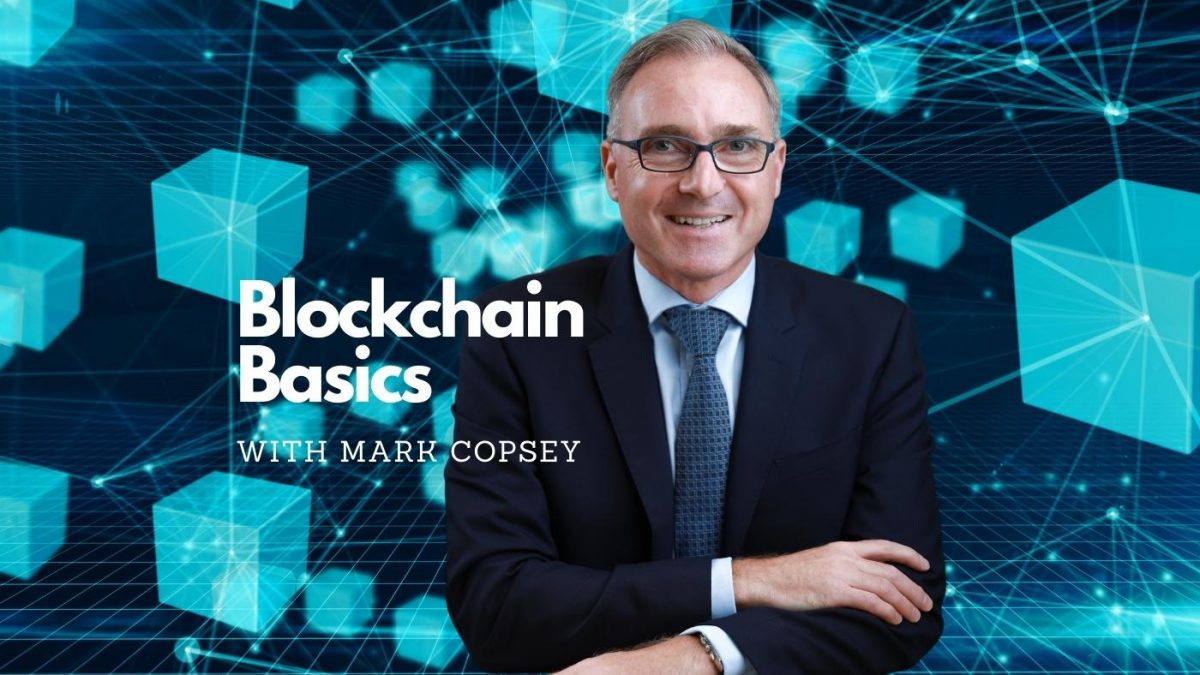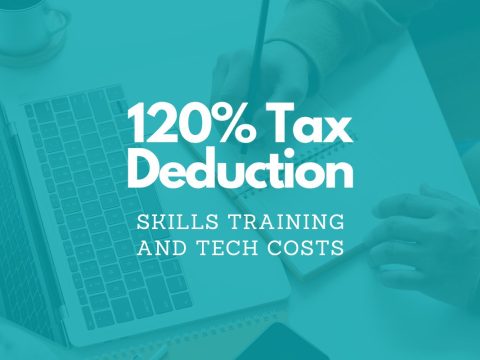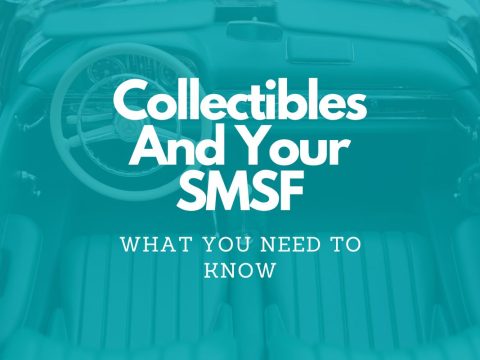Blockchain: more than just cryptocurrencies [2 of 3]
Blockchain: more than just cryptocurrencies
Last month, we touched on the potential of Bitcoin, the cryptocurrency whose meteoric rise (and decline) has gripped the investment world over the past year.
Since my column last month, my small Bitcoin investment has gone from a 18.52% profit to a 16.24% loss as at 26 May. A wild ride as promised, but one that has in no way dampened my enthusiasm for cryptocurrencies and their underpinning blockchain technology, which could transform insurance, music and many other industries in the coming years.
What is blockchain and why is it such a big deal?
Blockchain is a system of recording information. Transactions are recorded in “blocks” that are duplicated and stored across a large, distributed network of computer systems. New blocks are continually added, forming a chronological “chain”.
If someone wanted to corrupt a blockchain system, they would have to change every block in the chain, across all of the distributed versions of the chain. The longer the chain, the more difficult it is to alter.
More established cryptocurrencies like Bitcoin and Ethereum are therefore incredibly secure: every single transaction in Bitcoin’s 11-year history is recorded in what is now a 340GB blockchain that is stored and verified by tens of thousands of computers in the network. The sheer computing power required to store and continually update this database is mind boggling, as Tesla’s Elon Musk publicly noted this month (to investors’ dismay).
As you can imagine, this practically tamper-proof record-keeping technology has become incredibly useful as more of our industries and day-to-day transactions go digital. Some practical applications for blockchain technology are described below.
Records management
Records of ownership (land titles), citizenship and other forms of identity are usually stored in centralised databases to keep them secure. However, this poses problems of tampering because of the intermediaries involved.
Blockchain technology could enable decentralised, public, immutable and consensus-driven records that may one day remove the need for intermediaries. In less developed countries suffering from corruption and war, for example, having a decentralised record of property ownership should make it easier to settle ownership disputes when the conflicts are resolved and displaced citizens are able to return home.
In Australia, blockchain technology could make records management more efficient and secure. Blockchain already underpins NSW’s widely used digital driver’s licences, and has been trialled by NSW Land Registry Services to improve e-conveyancing.
Smart contracts
Smart contracts go one step further. These are self-executing contracts that use blockchain technology to record events — for example, goods arriving in a port — and automatically execute pre-programmed operations, such as a transfer of funds. As such, smart contracts can save businesses time and money by reducing the need for human intervention and third-party intermediaries like escrow services.
Industry applications for smart contracts include:
- Insurers could use smart contracts to automate the release of claim money based on events such as large-scale floods or droughts.
- Shipping companies could use smart contracts along with tracking technology and ‘Internet of Things’ sensors, so that once a cargo shipment reaches a port of entry, and sensors inside the container confirm the contents have not been tampered with throughout the journey, a bill of lading is automatically issued.
- Supply chains can greatly benefit from smart contracts that allow physical goods to be tracked from the factory to the consumer, and every step along the way. This improves efficiency and also transparency.
Consumers can find out where exactly an ethical product was made, for example, while firms like Everledger are attempting to prevent fraud by using smart contracts to track high-value products like diamonds, no matter how many times they are resold.
Businesses like Walmart are experimenting with smart contracts to ensure food safety and reduce waste throughout their supply chain.
- Musicians can use smart contracts to cut out middlemen and directly collect royalties for their work. Platforms like Opus allow musicians to distribute digital copies of their music with a smart contract attached. This ensures the artist is paid when the purchase is made and also if their work is used in films or advertising.
As I mentioned last month, I have invested a small portion of my portfolio in cryptocurrencies. My investment includes Ethereum, which has built-in smart contract capabilities and could thus have a potentially wider application than Bitcoin. Thankfully, Ethereum has been unscathed by the recent Bitcoin collapse, so my cryptocurrencies investment is up a modest 2.33% overall.
I think we are still only scratching the surface with blockchain and will likely see an explosion in how the technology is used in the not too distant future. Next time we look into the bizarre world of non-fungible tokens (NFTs) — unique pieces of data on a blockchain that can now be worth millions.
If you would like to discuss this further please feel free to contact me on mtcopsey@allworths.com.au or 02 9264 6733.
IMPORTANT NOTICE
This blog post contains general information only and has been prepared by Allworths without reference to your objectives, financial situation or needs. Allworths cannot guarantee the accuracy, completeness or timeliness of the information contained here. By making this information available to you, we are not providing professional advice or recommendations. Before acting on any of the information contained here, you should seek professional advice.




